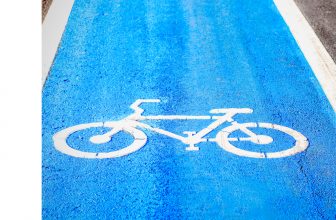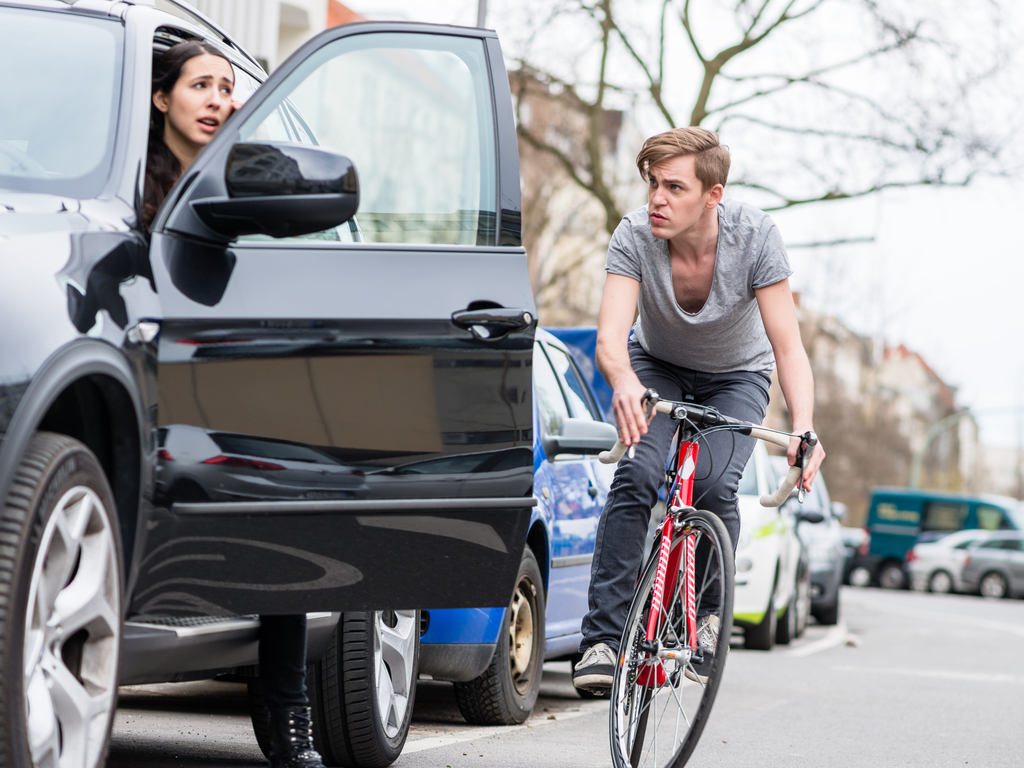What Bike is Best For Commuting to Work

When it comes to choosing the perfect bike for commuting to work, you’ve got a few contenders that each bring something unique to the table: the hybrid bike, the city bike, and the electric bike. Let’s dive into what makes each of these bikes tick, along with their pros and cons, so you can figure out which one might be your perfect ride to work.
Hybrid Bike: The Jack-of-All-Trades
Positives:
Versatility: Hybrid bikes blend the best of both worlds – the comfort of city bikes with the performance of road bikes. This means you can tackle a variety of terrains, from city streets to gravel paths.
Comfort: They often come with padded seats and upright handlebars, which means a more comfortable ride, especially over longer distances.
Affordability: In general, hybrid bikes are more affordable than specialized bikes, making them a great entry-level option for commuters.
Negatives:
Jack of All Trades, Master of None: While hybrids are versatile, they might not excel in specific conditions like pure road or mountain bikes do.
Weight: They can be heavier than road bikes, making them slightly harder to lug around if your commute involves carrying your bike up stairs or onto public transport.
City Bike: The Urban Cruiser
Positives:
Designed for Comfort: City bikes are built for comfort and ease of use. They often feature step-through frames, making them easy to hop on and off.
Low Maintenance: Many come with internally geared hubs and belt drives, reducing the need for regular maintenance.
Built-in Accessories: Think racks, lights, and fenders, which are great for urban commuting needs.
Negatives:
Not for Speed or Efficiency: These bikes are heavier and not designed for speed, making them less ideal for long commutes or for those in a hurry.
Limited Versatility: They’re best suited for flat, urban environments and might not handle other terrains as well.
Electric Bike: The Effortless Commuter
Positives:
Ease of Use: The electric assist means you can cover longer distances and tackle hills without breaking a sweat, perfect for those hot summer days or when you want to arrive at work fresh.
Speed: E-bikes can help you maintain a higher average speed with less effort.
Versatility: There are e-bike versions of city, mountain, and road bikes, so you can choose one that fits your specific commuting needs.
Negatives:
Price: The biggest downside is the cost. The added technology of electric bikes makes them more expensive.
Weight: E-bikes are heavier than non-electric counterparts, which can be a drawback if you need to carry them.
Charging: You’ll need to remember to charge the battery, although most can last for a decent commute distance on a single charge.
So, What's the Best Bike for You?
The answer really depends on your commute, budget, and priorities:
If you’re looking for an affordable, versatile option and don’t mind a bit of extra weight, a hybrid bike might be your best bet.
For those prioritizing comfort and ease on primarily urban routes, a city bike could be the way to go.
If your commute is longer, hilly, or you just want to arrive as effortlessly as possible, an electric bike might be worth the investment.
Once you’ve decided on the type of bike that seems right for your commute, here are a few more tips to ensure you make the best purchase:
Test Ride is Key
Always test ride a bike before you buy it. This is the best way to know if the bike fits you well and feels comfortable. Most bike shops will allow you to take a bike out for a spin, and some might even let you rent the bike for a day to see how it handles your commute.
Consider Your Route
Think about the specifics of your commute. How far is it? Are there a lot of hills? Will you be riding on roads, bike paths, or mixed surfaces? Your answers to these questions can influence which bike features are most important to you.
Don't Forget About Accessories
Regardless of the type of bike you choose, there are a few accessories that can make your commute safer and more enjoyable:
A good quality helmet is a must.
Lights and reflective gear for visibility, especially if you’ll be riding in the dark.
Locks to secure your bike while you’re at work.
Fenders can be very useful if you’re riding in a rainy area to keep you dry.
A rack or basket can help carry your work essentials without having to wear a backpack.
Maintenance Matters
Consider the maintenance requirements of your bike. While electric bikes and some city bikes come with features that minimize maintenance, all bikes need regular checks and tune-ups. Learn the basics of bike maintenance or find a good local bike shop that can help keep your ride in top condition.
Budget for the Unexpected
Remember to set aside part of your budget for unexpected expenses like repairs or additional accessories. It’s better to be prepared than to be caught off guard.
As you delve deeper into the world of bike commuting, you’ll discover that the journey to finding the perfect bike is as much about personal preference as it is about the specifications of the bike itself. Here are a few more considerations to keep in mind as you make your decision:
Integration Into Your Lifestyle
Think about how your bike will fit into your daily routine. If you live in a small apartment or if your office doesn’t have a lot of space, you might want to consider a bike that’s lightweight or even foldable. On the other hand, if you’re using your bike for more than just commuting — say, for running errands or weekend rides — make sure it has the versatility to fit all your needs.
The Community Aspect
Joining a local cycling group or forum can provide valuable insights and support as you start your commuting journey. Fellow commuters can offer advice on routes, maintenance tips, and even where to find deals on bikes and accessories. Plus, cycling with others can be a great way to stay motivated and make new friends.
Upgradability
Consider the potential for upgrades down the line. As you become a more seasoned commuter, you might find that you want to upgrade certain components, such as the saddle, pedals, or tires, to better suit your riding style or improve comfort. Check that the bike you choose has the flexibility for these kinds of upgrades.
Environmental Impact
One of the great benefits of bike commuting is the positive impact it has on the environment. By choosing to bike rather than drive, you’re reducing carbon emissions and contributing to a greener planet. Each bike type offers this benefit, but remember that e-bikes, while electric, still require energy to charge. If environmental impact is a significant factor for you, consider the source of your electricity or look into solar charging options for an even greener commute.
Long-Term Commitment vs. Immediate Convenience
Finally, weigh the long-term benefits against the immediate convenience. An electric bike might seem like the easiest option now, but consider your fitness goals and the long-term cost savings of a non-electric bike. Conversely, if an e-bike makes the difference between commuting by bike or sticking with a car, the upfront cost and maintenance might be well worth it.
Final Thoughts
Choosing the right bike for your commute is a personal decision that depends on a variety of factors including your commute distance, terrain, budget, and personal preferences. Whether it’s the adaptable hybrid, the comfortable city bike, or the efficient electric bike, there’s a perfect option out there for you. Investing in the right bike can transform your commute into one of the best parts of your day, offering not just a means to get to work but a chance to enjoy the outdoors, get some exercise, and even beat the traffic. So, take your time, do your research, and get ready to join the growing community of bike commuters. Happy cycling!








